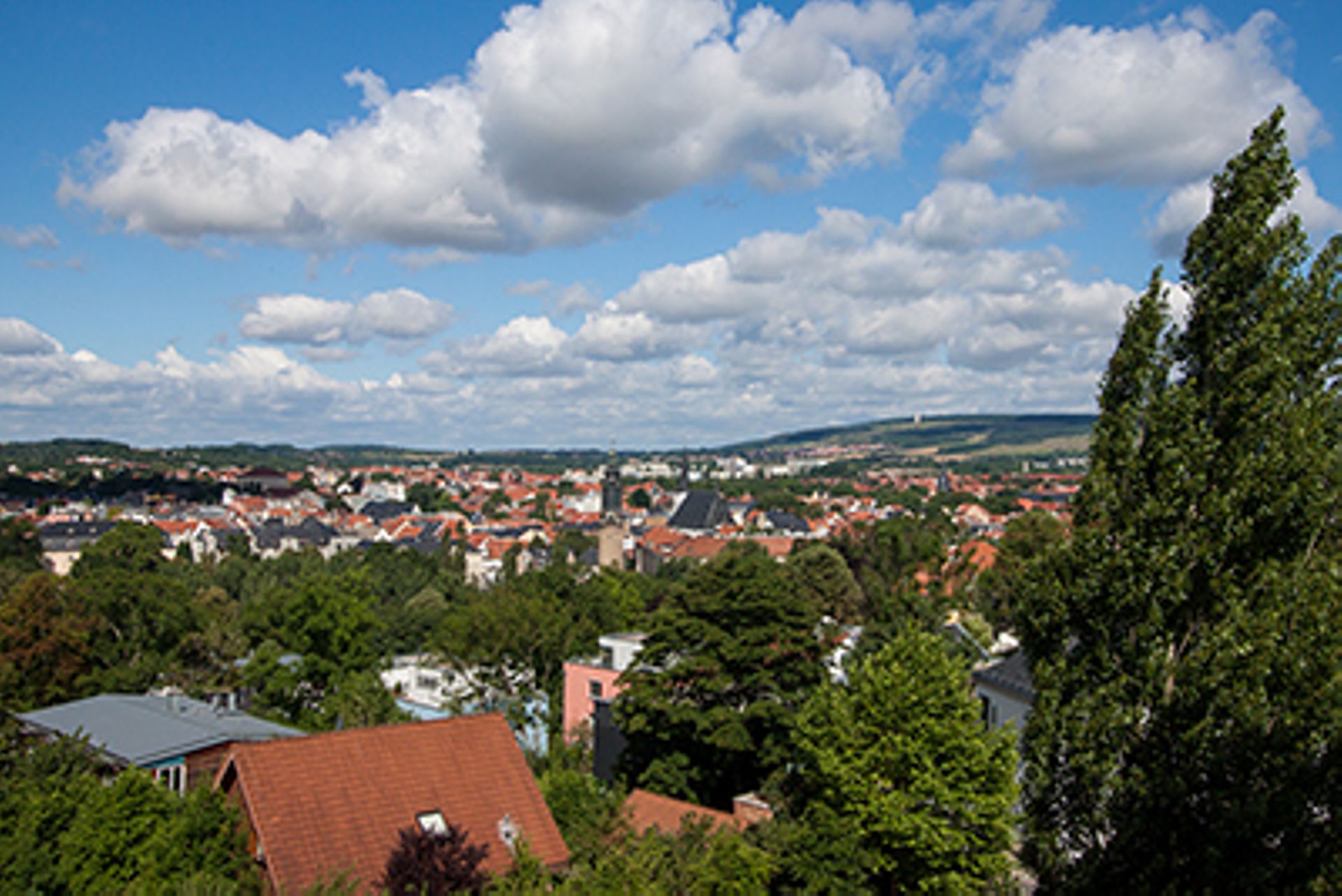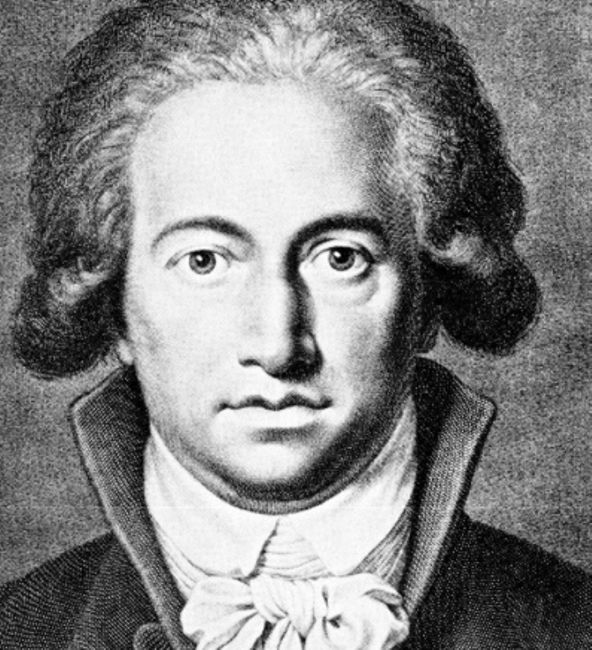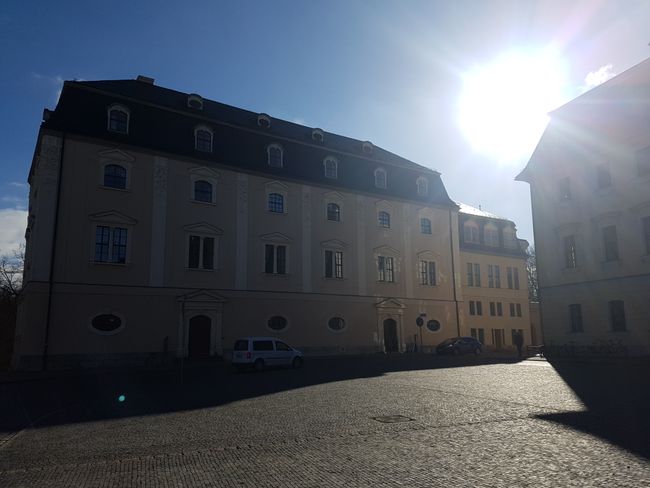2.0 Duchess Anna Amalia Library
Pubblicato: 08.03.2018
Iscriviti alla Newsletter
This morning our alarm clock rang at 7:00 am, and the first one of us had to get up because we have different breakfast times in our different courses. After we were all awake and had finished eating, the teachers informed us about what is planned for today. Then we set off and went to a bike rental shop because we wanted to explore Weimar on two wheels, which is easier and faster. At the beginning, we went to the Duchess Anna Amalia Library. On-site, we visited the exhibition that provides information about the restoration of the books. Goethe himself stood in these corridors and read the works of the library. He was appointed as the superintendent in 1797. Due to his successful poems and his high position in society, he had a far-reaching influence at that time. His play 'Faust I' was not only highly acclaimed in literature. Visual art served Goethe to organize his thoughts and depict the scenes. Other artists were also fascinated by Faust and sketched the plot in pictures. This gave expression to the poetry and depicted the plot visually. An artist takes on the role of Faust in order to better sketch his perspective in the scenes. Goethe supported this artistic representation in a letter to Cotta, his publisher. Without this portrayal, Faust would be difficult to grasp. Stage designs were also painted to make the theater performances possible. These pictures also served to clarify the situation and create an atmosphere. Faust's theatrical adaptation had a significant influence on the play. Since a complete performance of the play was not possible at that time, a new form, the monodrama, was performed. Faust also had an influence on music, as shown in the example 'Faust Symphony' by Liszt, which is based on Goethe's work. Almost every significant composer has engaged with Faust. Goethe and therefore his writings, especially Faust, are role models for many poets and thinkers of that time and today. Faust represents a modern person who strives for more and more knowledge, money, etc. and is never satisfied. These characteristics make the work interesting for so many areas, and Goethe's influence grew. Unfortunately, we couldn't find all the information we were looking for in the library, which we found disappointing.
We are now going to visit Schiller's residence and will check in again after the visit.
Iscriviti alla Newsletter
Risposta


